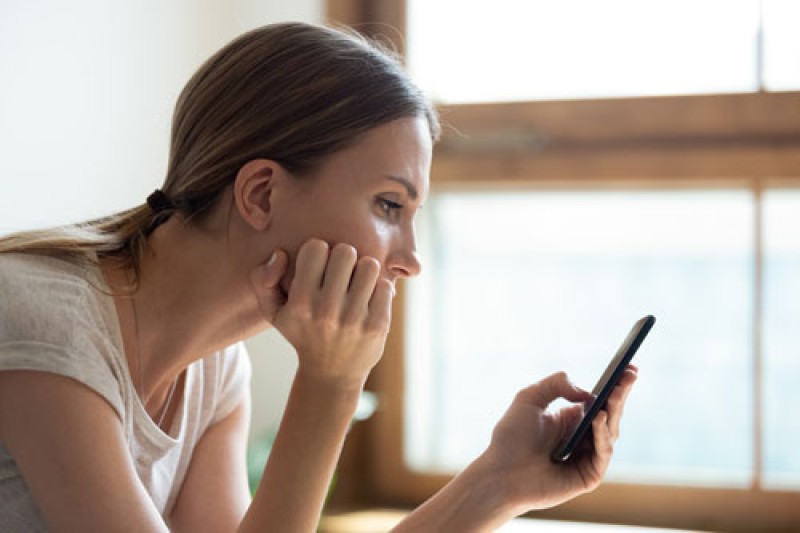
Young adults who use social media to browse content of other users are more likely to experience anxiety, depression and stress than more active users who share their own content, a new study has found.
Previous studies into the impact of social media have found contradictory evidence of the impact of on the users’ mental health. Some studies have found users felt it had a negative impact, whereas others have found that forming a wider social circle online can have a positive effect.
In this new study, published in the journal Behaviour and Information Technology, researchers from Bournemouth University focussed on the different ways in which young adults (aged 18 – 34) engage with social media platforms to see if that made a difference.
The researchers surveyed 288 young adults to understand the relationship between different styles of engagement with social media, feelings of loneliness and psychological distress.
“According to the Office for National Statistics, the highest levels of loneliness are found in young adults,” explained Dr Constantina Panourgia, Senior Lecturer in Developmental Psychology at Bournemouth University. “Social media holds significant importance for this group of young people – while some individuals talk highly about it, other demonise it. Previous studies have tended to look at specific platforms or the amount of time spent online. However, our aim was to delve deeper and investigate the different ways in which people engage with social media, regardless of which platforms they use.”
Three types of social media use were looked at – passive (users who exclusively browse content by other users), Active non-social (users who post their own content but do not have direct engagement with other users), and Active Social (posting own content and interacting with other users’ posts).
The findings showed that increased passive social media use was linked to elevated levels of anxiety, depression and stress. Interestingly, creating and sharing content but without interacting directly with others online (active non-social) had a positive impact on stress.
“This finding highlights the positive aspects of active non-social media use, such as public content sharing, that allows users to receive feedback, such as likes and positive comments to their posts, but without the demands of direct social interactions. In other words, active non-social media users do not experience the additional pressures from constantly participating or initiating conversations with other people online which can be mentally exhausting” explained Dr Panourgia.
Zoe Taylor who led the study whilst a student at BU said, “We noted that the manner in which users engage with social media plays a crucial role in their psychological wellbeing. Individuals who passively use social media tend to experience greater feelings of loneliness which can subsequently lead to increased psychological distress. A unique aspect of this study is that it explored specific aspects of active use that has been previously overlooked in research.”
The findings also showed that loneliness explained the relationship between passive use and the negative mental health impacts.
“Passive social media does not provide opportunities for communication and self-disclosure which are known to promote connectedness and social support . So, users may feel isolated and excluded, leading to exacerbated feelings of loneliness and subsequently to increased levels of stress, anxiety and depression,” Dr Panourgia added.
The researchers advise that social users could reflect more on their motives behind their engagement with social media, and learn more about the risks and benefits from different types of use.
“Rather than advocating for strict social media restrictions, it would be advantageous to help young adults comprehend their needs for social media use and also the risks associated with passive social media use,” Dr Panourgia concluded.



